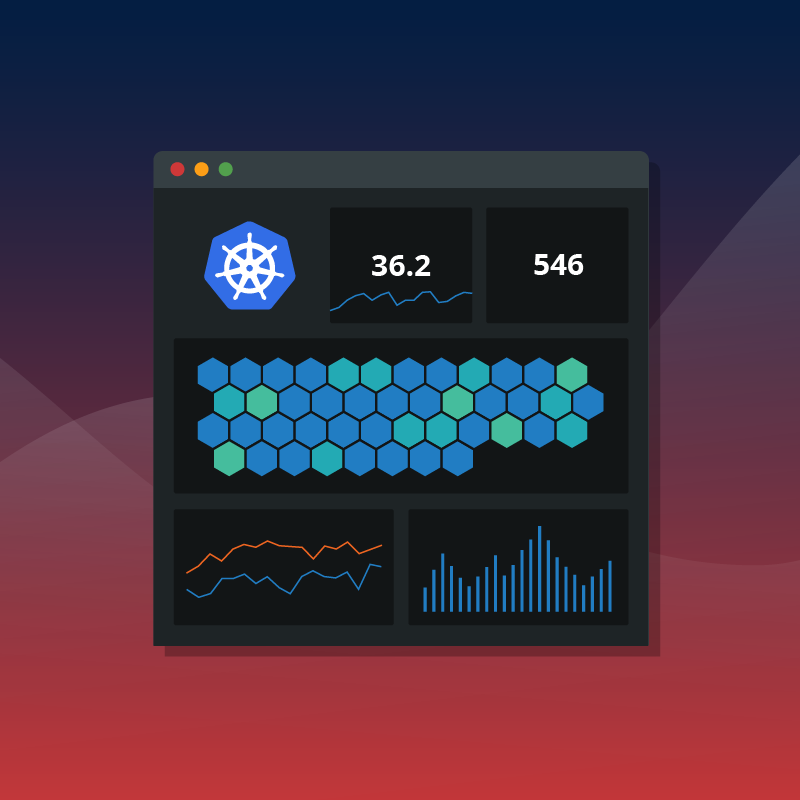If you’re thinking about deploying Kuberentes or already have clusters in production, odds are you’ve done some research on how best to monitor Kuberentes. Afterall, monitoring cluster health and performance is critical to ensuring you gain the full value of your Kubernetes investment.
As I’m sure you have read or experienced, monitoring Kubernetes is quite challenging — particularly identifying the root cause of issues and solving them. Ironically, the aspects of Kubernetes responsible for creating its benefits are also the same ones that create its significant observability challenges.
We recently discussed this topic in a live panel webinar, “Monitoring Kubernetes Health: How to Tackle Kubernetes Observability Challenges and Learnings from Major League Baseball,” which was hosted and moderated by Devops.com. The webinar participants included Riley Berton, Principal SRE at Major League Baseball (MLB) and Theo Schlossnagle, Founder and CTO at Circonus.
This webinar is now available to view on-demand here — no form required.
During the discussion, Theo highlights why Kubernetes presents unique observability challenges compared to traditional IT monitoring, and what to look for in monitoring solutions to manage these complexities.
Riley shared significant insights on MLB’s approach to Kubernetes deployment and monitoring and what lessons they have learned to optimize cluster health and performance.
MLB has about 70 Kubernetes clusters running across 30 ballparks — most of which are running in GKE, and some in EKS and Amazon. Notably, Riley shared in-depth insights on the following lessons they’ve learned:
- Their strategic decision to centralize monitoring data so they could ease alert management and filter through millions of metrics to focus on actionable health issues
- How they changed their approach to receiving data to address holes in visibility
- How they have begun to address resource utilization in order to prevent overprovisioning and save significant costs
- Their approach to democratizing Kubernetes, which has allowed them to manage clusters more effectively and increase knowledge sharing
The webinar also includes a 20 minute question and answer period where practitioners asked Riley additional questions about MLB’s approach to Kubernetes.
Whether you’re responsible for actively managing a Kubernetes deployment or you oversee strategic direction, you’ll gain practical insights by tuning into the webinar and hearing from an organization’s real-world Kubernetes experiences.



